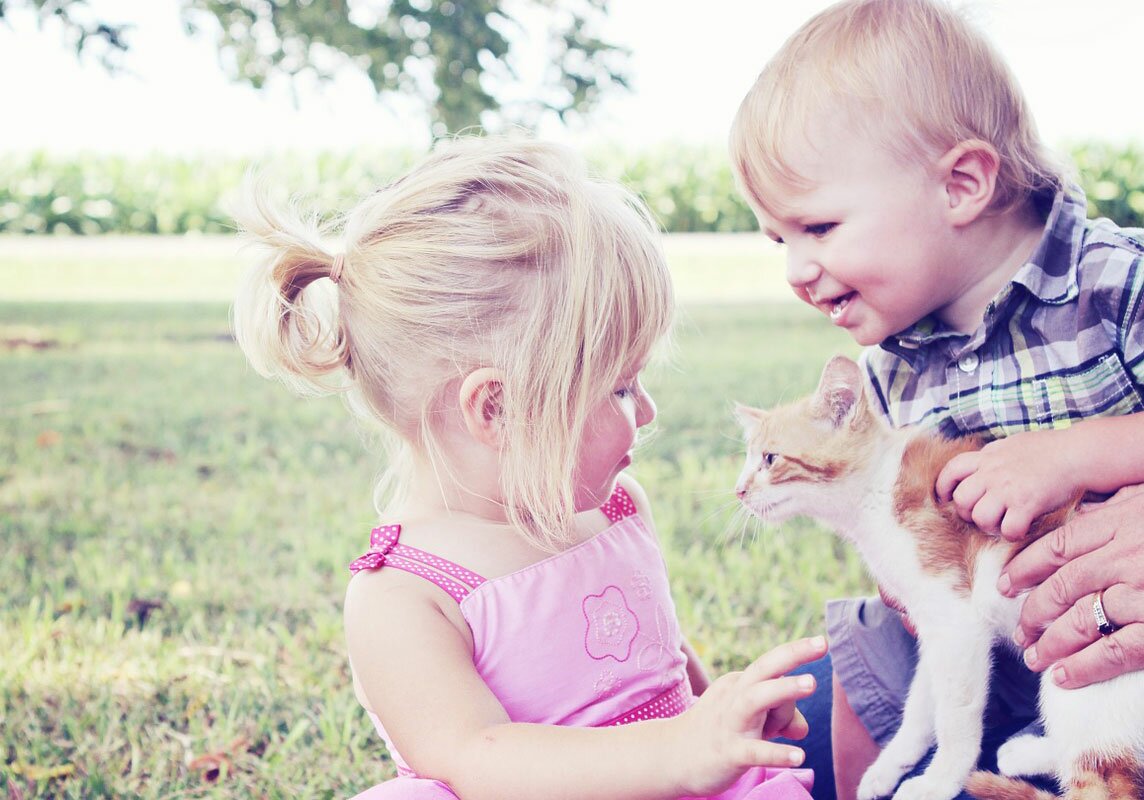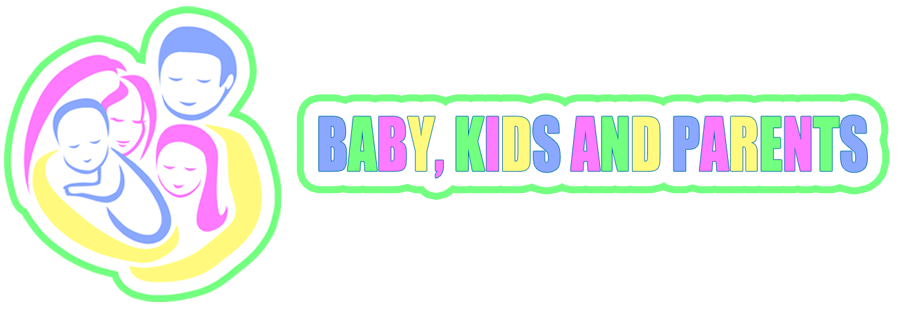
Newborn and pets in most cases can get along quite well. Learn how to adjust to it and which animals are not recommended.
For most pets is true - it is not necessary you to give up on them when the baby comes, but are important only slight modifications on your daily routine. Most of them are even recommended for babies, but you need to find the ideal balance between your first “baby” and your new favorite family member. No matter how much we love our pets we must be aware that they are still animals and precautions are important. Here we are talking mostly about cats and dogs, and we will also talk about which animals are not safe for babies and why.
Introduction
Even before the arrival of the baby, it is important that pet familiar with the smell of newcomers. It'll take even a few months to adjust to the new member, but start slowly. You have to give the dog to sniff the baby's clothes, so that smell can became friendly for the dog. Let the dog sniff, say, a baby's diaper on a neutral ground (for example, in the park), and then let him sniff the baby's diaper also at home. Repeat this a few times to get used to her scent.
As for cats is good to give them sniff, also the baby's things. When coming from the maternity ward is the most important recommendations that the mother does not bring the baby, but the father, and the mother immediately upon arrival in the house take her cat and cuddle her. The same is true for a dog. Many parents and even veterinarians recommend that animals be kept away from your baby's room - at least in the first 6 months, until the baby does strengthen.
Cats usually ignore the new member and flee from the baby. The important thing is that before that give her to sniff the baby's feet, the room and to see that she will get enough attention. (You should not neglect your pet).
The dog will need some time to adapt, he will be curious and probably the best baby's protector in the future, but it is important that in the early months is not being close to the baby. And, of course, never leave a pet with the baby unattended. This is the most important advice. If you want to further ensure you can buy special protective strong network for cradles and cribs (which serves to protect the baby from mosquitoes and other insects, but also to prevent the cat that jumps into the cradle).
Behavior
Dog and cat needs their own space, the angle in which there is no you, and especially babies. Install them their pad, scraper with a little basket or something similar in a special corner in the house, where they will feel safe. When the baby grows up, the cat will be especially dear scraper with a little basket which is highly out of reach of the baby's hands. Observe your pet and how they react to the baby. It should not be neglected and thus make them jealous. The baby and the little animal can come together only when the baby strengthens and when you pass the transition period and when you see that the pet get used to the new situation. Experts believe that almost no risk. Watch the hygiene, do not let the animal in the baby's room (in the first six months, or if you so choose, at all), do not be afraid of hair (they can’t hurt a baby).
Hygiene
Take your pet regularly at the vet. Wash your hands after touching animals and before you enter the baby's room; shorten their claws, do not let them lick the baby's face, bathe them outside or elsewhere. When your baby begins to crawl precautions will have to raise to a new level. The baby may not have access to the sand of the animals as well as containers for food. Animals will be scared of a baby's crawling. Be careful in this period. Customize them a few months before, by pulling their ear or tail during the game. Make sure how they will react. Keep your pet's toys away from the baby, and of course, vice versa. Teach your child to cuddle and care for the animal.
Undesirable animals
Among the animals that are not advised to keep in the house when the baby comes are reptiles (lizards, turtles, snakes...), but also frogs, ducks and even birds (unless they are in a cage out of reach of children). Not recommended for children under the age of 5 years. They can be transmitters of salmonella and other dangerous bacteria. Especially dangerous are turtles, which can easily transferred salmonella to the children. Exotic animals are not good company for babies.
Benefits
In the presence of pets with baby all looks friendlier especially after a series of studies that have shown a lot of good things brings for your child to socialize with dogs and cats. Children of parents who do not have allergies has been proven to have fewer opportunities to be allergic if they grow up with furry animals. Babies who grow up with pets, on high hygiene level, have a stronger immune system, and promotes the development of the baby's brain.

